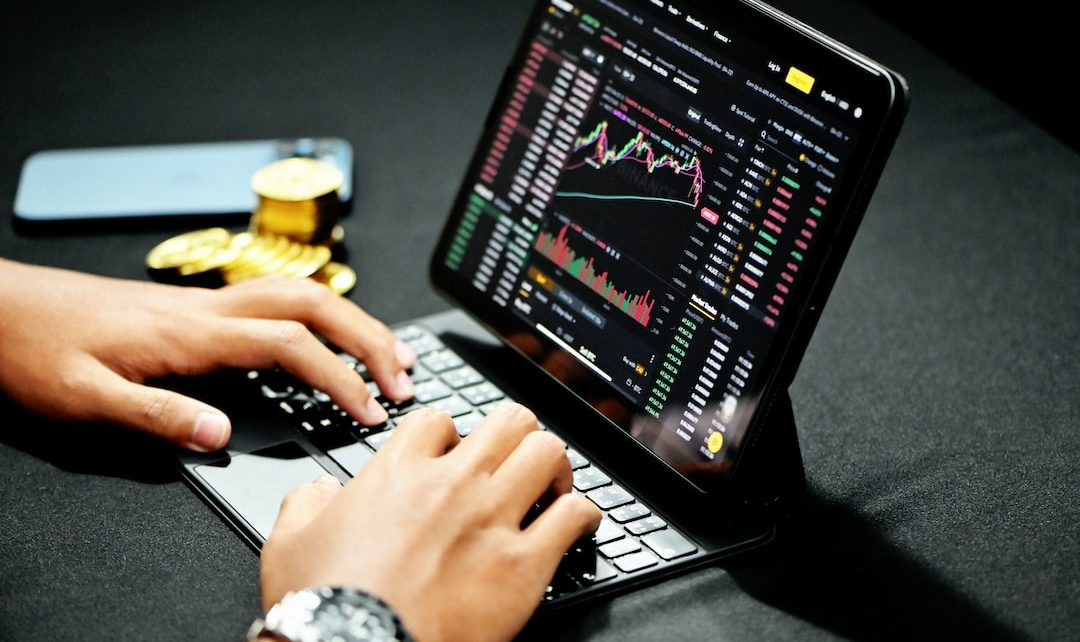Italy, a nation steeped in history and culture, also boasts a vibrant and complex economic landscape. For those navigating the foreign exchange (FX) market, particularly the Euro (EUR), understanding Italy’s unique economic scenario is essential. The Italian market, influenced by domestic economic policies and European Union directives, presents distinct challenges and opportunities in currency trading.
Knowledge is power, especially in Italy’s currency market. The Euro’s value is influenced by Italy’s national economic policies and broader European Union decisions. Thus, staying informed about Italy’s internal economic developments, EU-wide policies, and changes in the global economy is crucial. Keeping an eye on Italy’s key industries, such as tourism, fashion, and manufacturing, can offer insights into the Euro’s potential movements.
Understanding inflation trends in Italy is also key. Inflation directly impacts monetary policies, affecting the Euro’s value. The European Central Bank’s (ECB) policies to manage inflation across the Eurozone, including Italy, significantly influence the EUR. Forex traders must remain alert to these policy shifts and the ECB’s responses. Diversification is also vital. Given the Eurozone’s diverse economic landscape, diversifying investments across different European currencies or sectors can mitigate risks associated with sudden downturns in Italy’s economy.
Moreover, technology plays a pivotal role in contemporary trading. Advanced forex trading platforms offer real-time analytics, enabling traders to make informed decisions. In a market as nuanced as Italy’s, leveraging algorithmic trading strategies can offer a competitive edge, capturing fleeting market opportunities quickly. Liquidity considerations are crucial too. Italy’s financial market may experience liquidity challenges, especially during economic uncertainties. Understanding market liquidity, the ease of converting assets to cash, is crucial. Trading platforms often provide liquidity indicators, helping traders avoid precarious situations.
A well-thought-out exit strategy is essential, regardless of whether one is a short-term trader or a long-term investor. Deciding when to exit a trade or investment should align with personal risk tolerance and market conditions. Emotional decision-making is particularly risky in volatile markets like Italy’s. Lastly, vigilance is key in Italy’s fluctuating monetary environment. The potential for high returns is enticing, but it’s important to remember that high rewards often come with high risks. Successful individuals in this arena are characterized by disciplined approaches, continuous strategy reassessment, and adaptability to change.
Italy’s dynamic currency landscape, shaped by various internal and European Union factors, offers intriguing opportunities for the astute trader. By staying informed, diversifying holdings, leveraging technology, understanding liquidity, and having clear entry and exit strategies, individuals can position themselves advantageously. As in any investment venture, a bit of luck can go a long way, but in Italy’s financial milieu, the adage “fortune favors the prepared” holds particularly true.
In addition to these strategies, understanding the interplay between Italy’s political climate and the Euro is crucial. Italy’s political scene, often characterized by coalition governments and frequent changes, can impact investor confidence and currency stability. People who trade in forex trading should keep a close eye on political developments, as government policy shifts, especially in fiscal matters, can lead to significant fluctuations in the Euro’s strength. For instance, announcements of major economic reforms or shifts in Italy’s stance within the EU can either bolster or weaken the Euro, depending on the market’s perception.
Another key aspect is Italy’s role within the broader European Union context. As one of the major economies in the EU, Italy’s economic health directly impacts the Euro. Developments in the EU’s economic policies, negotiations on trade deals, or collective responses to global economic challenges can all influence the EUR. Traders should, therefore, monitor not only Italian economic indicators but also broader EU-centric events and policies. The interconnectedness of the EU’s member states means that events in other European countries can have ripple effects on Italy and, by extension, on the Euro.



